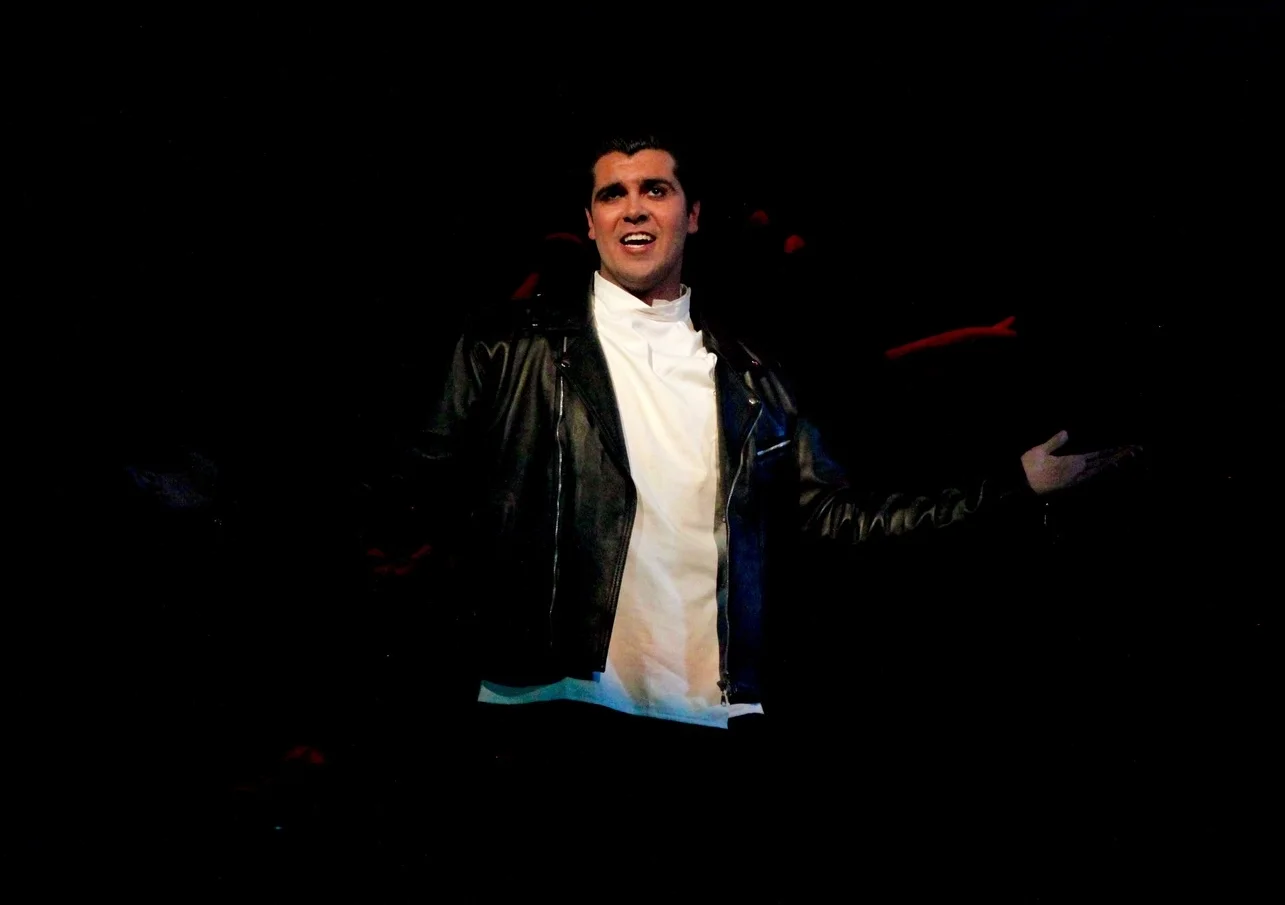A day or so ago an article appeared in the Wall Street Journal describing a commission made by the Oregon Shakespeare Festival to have all of Shakespeare's plays "translated" into "modern English." You can read about the idiocy here.
One cited reason for the translations (I still can't get over that word choice. It's in English, it does't need to be translated!) is; "Much of Shakespeare goes over our heads because, even though we recognize the words, their meaning often has changed significantly over the past four centuries." I guess the people making this argument have forgotten what their teachers instructed them to do in grade school when encountering unfamiliar words, "divine the meaning from the context of the sentence."
The author (so called) of this article concludes with, "I suspect that Shakespeare himself, in his eagerness to reach audiences, would be perplexed by the idea that our job today is to settle for only half understanding his work." No, thou clay-brained guts, thou knotty-pated fool, that isn't our job (and I bet you understood that OK, eh Dr. McWhorter?). Our job is to do the work Justice! If Shakespeare is done well it is understandable and exciting and inspiring and if it is ill done (sorry do you understand that to mean poorly or do you think I meant sickly?) it is a turn off...just like anything else.
The chief problem the average person on the street has with 'getting' Shakespeare has mostly to do with the fact that they were introduced to this works of genius by being forced to read them in a junior high school English class. And that is the first misstep in how we teach Shakespeare...the plays were never meant to be read! Handing a student a Shakespeare play to read and expecting them to find the play beautiful is like handing that student an architectural blueprint and expecting them to be able to see the building. A play script is a notation system and nothing more. The play being described does not exist until it is performed before a live audience. These plays were meant to be heard. The audience is meant not only to have the words spoken clearly but to also have their bodies struck by the sound eaves of the spoken words so they can vibrate their bodies. Yes, just like musical instruments do.
And if audiences are having trouble understanding or following Shakespeare when it is performed for them then guess what, it isn't the audience that is lacking, it isn't Shakespeare that is too difficult, it is the actors not doing their bloody jobs. No one will ever convince me that Shakespeare is only for the intellectual elite or that the common person can get it or won't like it. I saw my first Shakespeare when I was 9, the 1967 film of Taming of The Shrew with Burton and Taylor as a Saturday afternoon movie. I saw Midsummer when I was 11 at Arena Stage with Avery Brooks and Kathleen Turner. I LOVED it all. In 2013 I directed my own production of A Midsummer Night's Dream in Egypt with a cast of non-native English speaking undergraduate BA theatre students for audiences of non-native English speakers and that play was the most successful English speaking production that that theatre has done to date.
Shakespeare is transformative. It is as close to literary alchemy as anyone will ever hear and to claim that it is too difficult rather than raising ourselves up off our couches to reach for it is the most destructive kind of foolishness that human beings can practice. We must fight against what is seemly a modern compulsion, chiefly that we should only reach for that which is already well within our grasp.
"Let’s embrace Shakespeare for real and let him speak to us." Hear, Hear! And that means letting Shakespeare remain Shakespeare.
P.S. And yes, Shakespeare wrote Shakespeare's plays.












